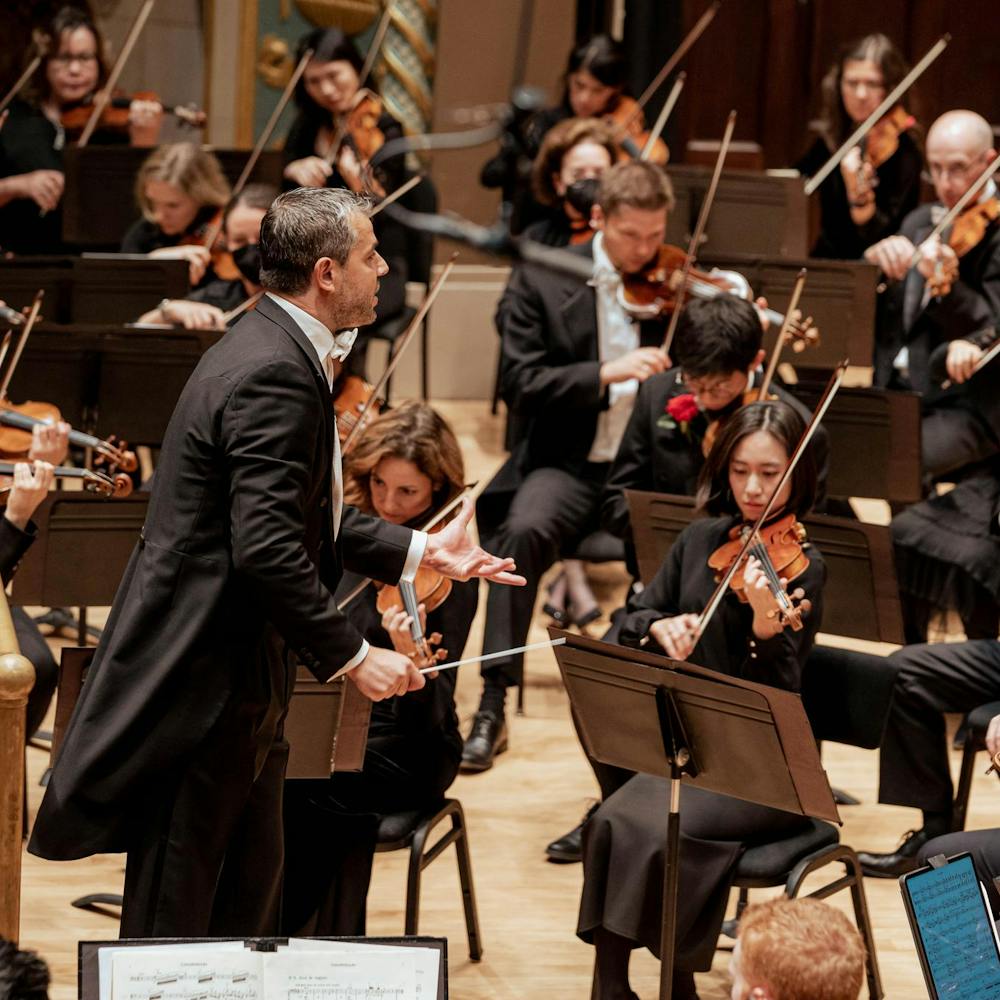Michigan’s public universities are shelling out more money this year to buy legislative influence, but MSU is bucking the statewide trend.
As a whole, such universities have poured out more money for lobbying — which includes paying lobbyist salaries and meals to woo state lawmakers — increasing the amount spent by about 12 percent over last year’s totals.
MSU countered the trend, spending about 6 percent less so far in 2011 than during the same period in 2010, according to the most recent state records. Even so, administrators say spending levels likely will spike as the year draws to a close.
Policy experts and administrators cite a variety of reasons for the changes, including a wave of new legislators in office this year and policy initiatives that threaten the interests of higher education.
One major blow to public universities came under the new, Republican-controlled legislature when a budget that cut public universities by 15 percent was passed. Bills currently making their way through the legislature would strip MSU of $18.3 million more, and another would make it illegal for universities to offer benefits for same-sex partners — a service MSU now provides to its employees.
“They’re under siege,” said Mike Boulus, executive director of the Presidents Council, State Universities of Michigan. “When you’re under siege, you’ve got to educate (lawmakers).”
One major use of lobbyists, especially in the case of universities, is to defend public funding, said Doug Roberts, director of MSU’s Institute for Public Policy and Social Research.
“It’s clearly a defensive play,” Roberts said. “(Universities) don’t want to be cut any more.”
In addition, a largely new legislature — especially in the House where about 60 percent of the legislators now are Republican after last year’s election — requires universities to dedicate more time and money to meeting freshmen lawmakers and educating them on the issues that affect universities.
“You’ve got term limits, you’ve got a whole re-education of a brand new legislature,” Boulus said. “They’ve all got a different idea of what public universities are.”
Both the legislature and governorship are controlled by Republicans — a combination that makes passing legislation easy, said MSU Vice President for Governmental Affairs Mark Burnham.
“It’s a much busier legislature and administration than in previous years,” Burnham said.
And when the legislature is more productive than usual, lobbyists are kept extra busy, Burnham said.
MSU and Wayne State University were the only two of Michigan’s 15 public universities to spend less on lobbying this year; Central Michigan University spent almost as much in the 2011 summer financial period as in all of 2010.
Still, Burnham said lobbying expenses have yet to hit their peak.
“(Expenses) will probably go up over the remainder of the year,” Burnham said. “We’ll continue to play a significant role.”
MSU has a history of being a top spender for lobbyists among Michigan universities. MSU, University of Michigan and Wayne State University — the state’s three largest universities — are the three highest spenders, all laying out more than $1 million in the last decade for lobbying. But some entities with interests in K-12 education have spent far more; the Michigan Education Association has spent more than $7 million on lobbyists in the last decade.
One factor that could keep MSU’s costs high is its proximity. Being on the Capitol’s doorstep makes it easy to lobby at many government events, Roberts said.
“We’re using our location to our advantage,” Roberts said.
Support student media!
Please consider donating to The State News and help fund the future of journalism.
Discussion
Share and discuss “MSU shells out less for lobbying, bucks trend” on social media.


